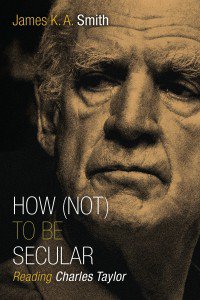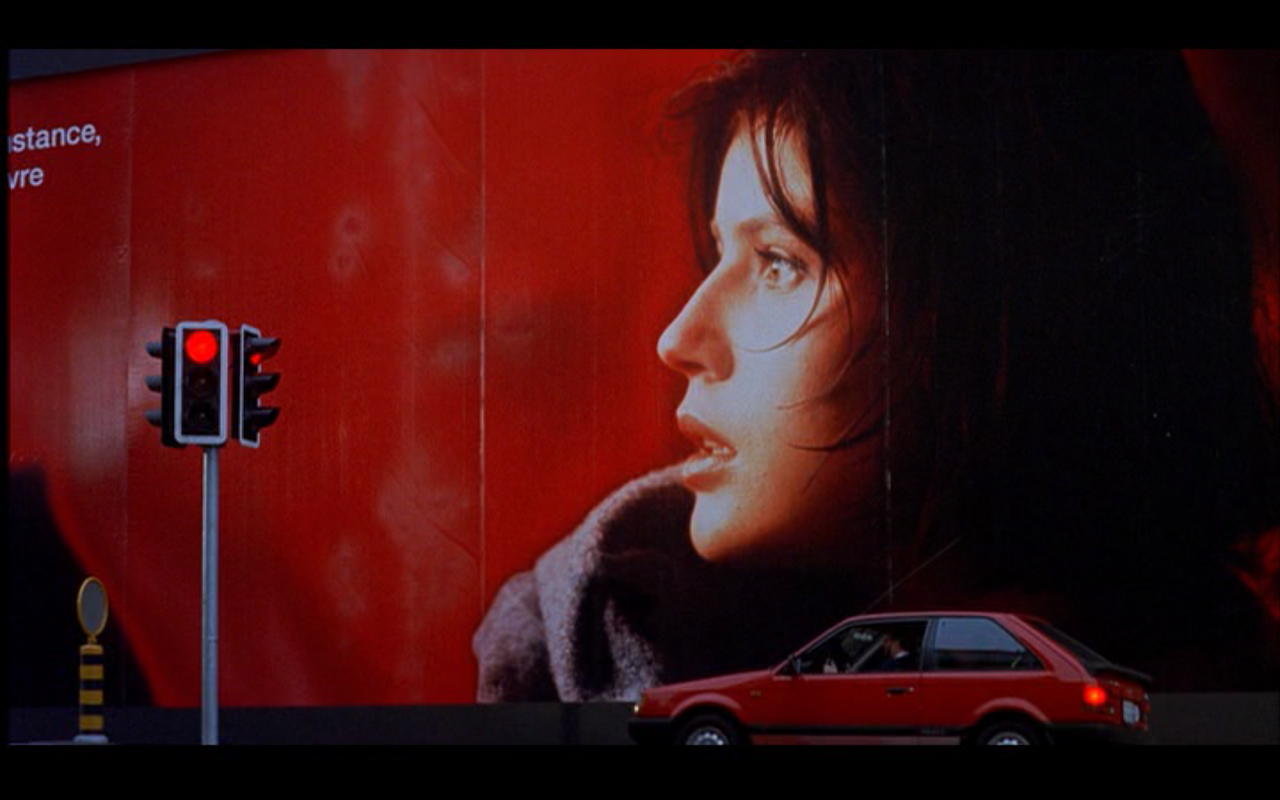Isn’t it strange how life seems to offer almost as many connections as a Kieslowski film? I went to a lecture by my friend Justin Tse and met someone there with a Charles Taylor connection just hours after I wrote a post about Taylor yesterday. The things you learn when you get out of the house!
The great news is that the Graduate Christian Fellowship at the University of Washington will be hosting a premiere theologian, James K.A. Smith. Smith works at the intersection of theology and culture. I’ve plundered his work for my dissertation on Czeslaw Milosz and it has helped me to better understand the research I’ve done on the Catholic imagination.
Smith is a Protestant who was subverted by a Catholic (Villanova) education steeped in the French Catholic phenomenological tradition I’ve written about here and here. His writings are shot through with an Augustinian theology of desire. This is most on display in his ongoing cultural liturgies project.

The argument, even the very form, of Imagining the Kingdom and Desiring the Kingdom trains the reader to see the world in a theological way. These books engage a wide variety of thinkers such as sociologist Pierre Bourdieu, philosopher Maurice Merleau-Ponty, neuroscientist Iain McGilchrist, and novelist David Foster Wallace. According to Smith, repetitive actions, what he calls liturgies (both secular and religious), train us to respond to the world in particular ways.
These ways of inhabiting the world, especially since they become pre-reflexive (second nature) with training (whether conscious or not) shape how we respond to the world around us. Smith adds complexity to his story by noting that in a pluralistic world we are trained by several different religious and secular liturgies.
This dovetails nicely into the ancient practice of religious discernment that was codified in the Spiritual Exercises of St. Ignatius of Loyola. The excerpts I’ve posted from Dariusz Karlowicz show how ancient the spiritual exercises are; they predate Christianity. After all, not all ways of inhabiting the world, for example consumerism, are appropriate to those who are striving to become Christians.
Smith will be giving two lectures in Seattle promoting his upcoming book How (Not) To Be Secular: Reading Charles Taylor. The first one will be on Thursday May 1st and the second on Friday May 2nd (click on the links for more details).
Here is the French trailer from Kieslowski’s Red to with all its mysteriously interconnected desires:
Note how the American trailer trains your desires to expect a totally different film than the French trailer. This is precisely what Smith is talking about;












